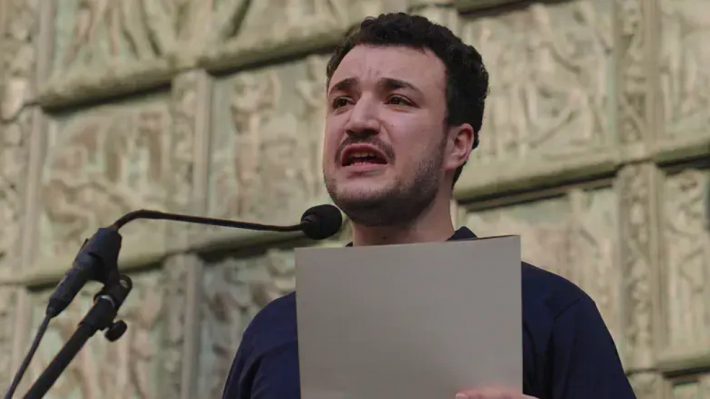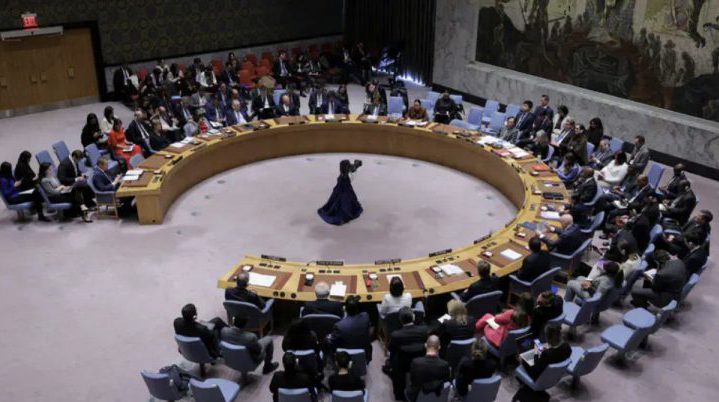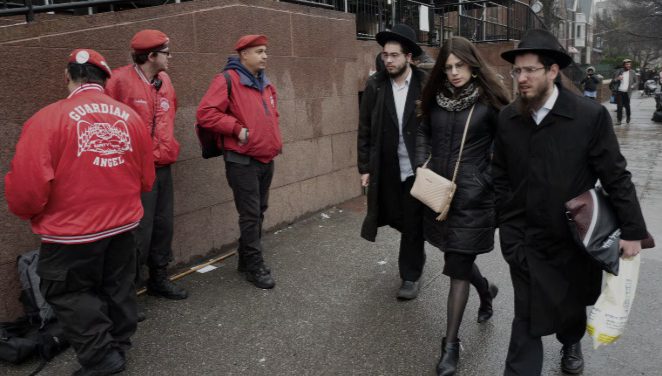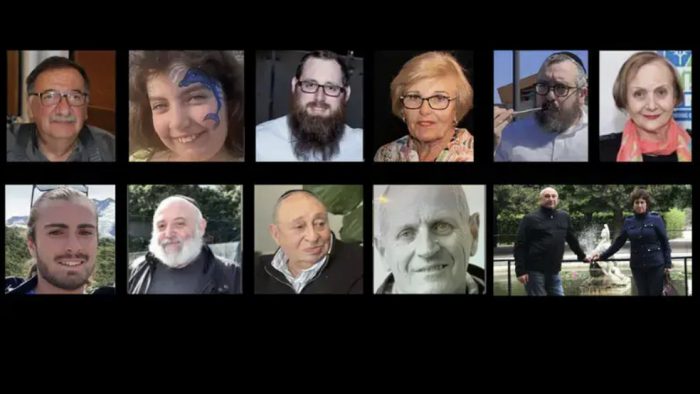Mahmoud Khalil, the first student protest leader arrested under Trump’s crackdown, rejects claims of widespread antisemitism at Columbia and controversially frames Hamas’ Oct. 7 massacre as a desperate act to “break the cycle.”
Six weeks after walking free from federal detention, Mahmoud Khalil — the first pro-Palestinian protest leader to be arrested by the Trump administration last spring — is back in the spotlight with remarks likely to deepen the controversy surrounding him.
In a wide-ranging interview with New York Times columnist *Ezra Klein, published Tuesday, Khalil doubled down on his claim that concern over antisemitism at Columbia University amounts to “manufactured hysteria” linked to campus protests against Israel’s war in Gaza.
“I wouldn’t say there was none [antisemitism]. I would say there is this manufactured hysteria about antisemitism at Columbia because of the protests,” Khalil insisted. “It’s not like antisemitism is happening at Columbia because of the Palestine movement.”
Klein, himself Jewish, challenged Khalil directly, citing both his personal experiences and Columbia’s own findings. In June, Columbia reported that nearly two-thirds of its Jewish students felt unwelcome on campus during the academic year that encompassed Hamas’ October 7 massacre. The university also agreed to a $221 million federal settlement over antisemitism allegations.
Khalil — who served three months in ICE detention following his arrest in March — argued that right-wing extremist groups like the Proud Boys were the real threat on campus, and claimed antisemitism and anti-Palestinian racism often rise together, driven by the same actors.
The activist also defended two of the most controversial slogans used by pro-Palestinian demonstrators — “Globalize the intifada” and “From the river to the sea, Palestine will be free” — insisting they are nonviolent, despite many Jews interpreting them as calls for Israel’s destruction.
On Hamas’ October 7 atrocities — which killed over 1,200 Israelis and saw hundreds taken hostage — Khalil stopped short of condemnation, calling the attack a violation of international law but describing it as “inevitable” and “a desperate attempt” to force global attention on Palestinians.
“To me, it’s a desperate attempt to tell the world that Palestinians are here, that Palestinians are part of the equation. That was my interpretation of why Hamas did the Oct. 7 attacks,” Khalil told Klein.
His comments are likely to intensify the debate over the line between pro-Palestinian activism and antisemitism, and come amid an ongoing federal and political push to confront campus antisemitism.





